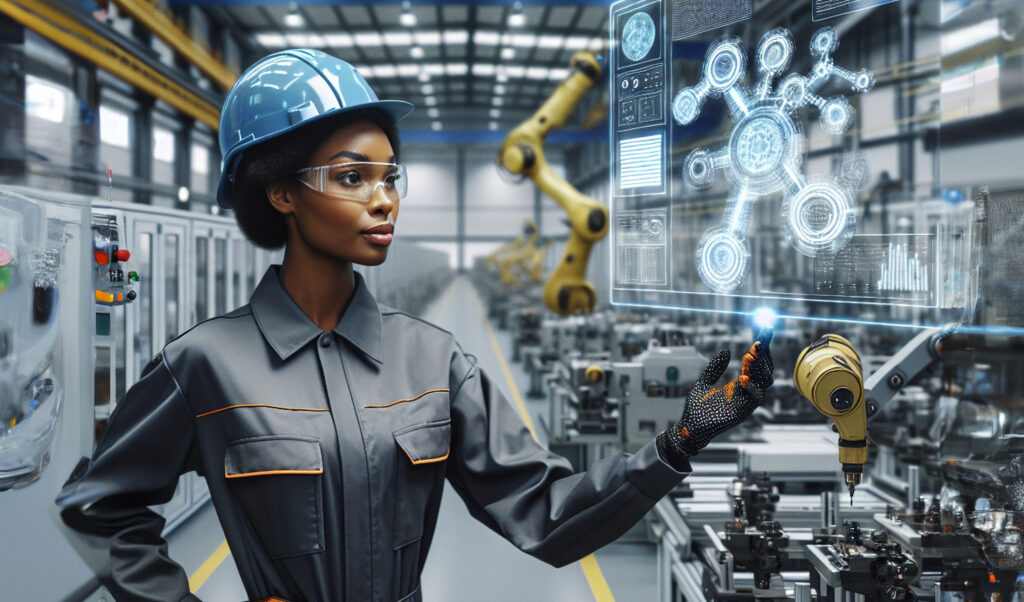According to Lucidworks’ Wednesday survey, manufacturers are deploying Generative AI initiatives slower than expected due to accuracy issues
The study surveyed more than 2,500 global leaders engaged in the AI technology decision-making process. The results indicate that 58% of manufacturing leaders intend to increase their spending on AI in 2024. This is less than the global consensus of 63% and the U.S. consensus of 69%.
In 2023, AI expenditures were anticipated to increase by 93% of manufacturing leaders and 93% of all leaders.
THE REASON FOR ITS IMPORTANCE
As indicated by PitchBook data from last week, the quarterly increase in U.S. venture capital funding was primarily the result of substantial investments in AI companies.
Investors are placing bets on startups in anticipation of substantial returns from the revenue generated by the adoption of AI. According to Lucidworks’ research, nearly 50% of manufacturers worldwide reported increased cost savings this year due to implementing AI initiatives.
“While many manufacturers see the potential benefits of generative AI, challenges such as response accuracy and cost are causing them to take a more cautious approach,” said Mike Sinoway, the chief executive officer of Lucidworks.

CONTEXT
To generate new content, generative AI processes inputs or prompts derived from the data previously used to train it. Nevertheless, it occasionally produces hallucinations, which are nonsensical or inaccurate outputs.
Although 36% of all respondents expressed apprehensions regarding the accuracy of their responses as a result of hallucinations, a more significant number of manufacturing respondents, 44%, share this concern.
55% of manufacturers believe that they are on par with their peers regarding AI adoption, despite only 20% of their scheduled AI projects being implemented in the past year.
COST FACTOR
In the past year, 70% of manufacturing companies have chosen more expensive commercial AI models. Lucidworks suggests that a transition to more widely accessible open-source models may occur if they demonstrate the same efficiency and resourcefulness at a reduced cost.
Although manufacturers are optimistic about the cost benefits of AI, they are striving to optimize its value in light of the reduced scheduled expenditures for this year.
